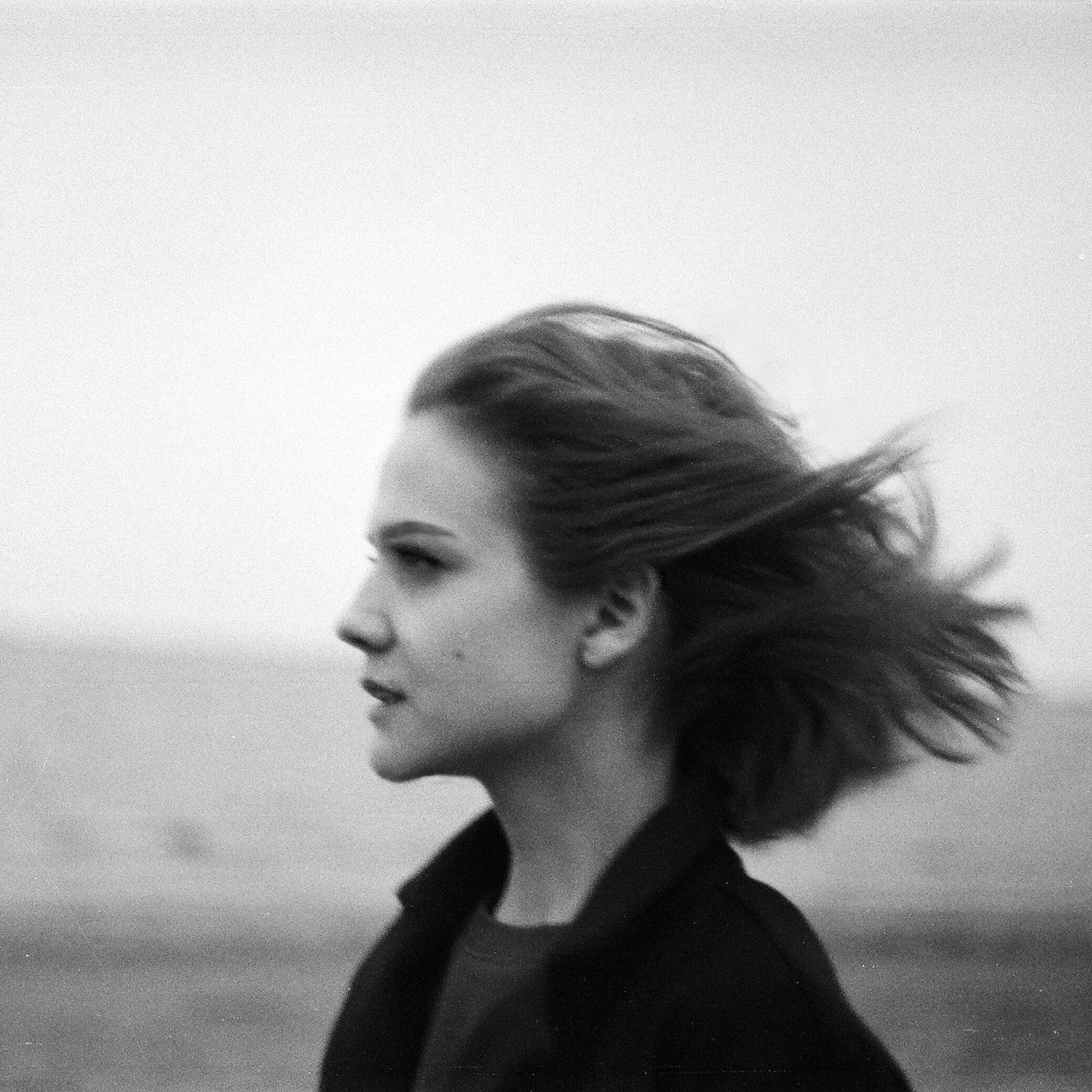
It all sounds very downbeat, doesn’t it?
Giving up hope?! I can feel your resistance as I imagine you reading these words. I can hear the cries and protests, “But, hope! You have to have hope!”
I picture the infamous sunshine yellow and royal blue Ted Lasso “Believe” sign hanging over the door of the Richmond AFC locker room, and I replay the scene where Ted says, “I believe in hope, I believe in believe” to a crowd of sombre footballers after their latest defeat.
And I get it. I totally get it. As a chronic hope junkie, I lapped up this scene like it was my last drink on Earth. I want to believe in hope; I have to believe in hope. Because if there isn’t hope, then what is there?
It wasn’t until I read Pema Chödrön’s book When things Fall Apart that I realised just how addicted to the concept of hope I actually was.
In this book, she labels hope and fear as two sides of the same coin. She describes the Tibetan concept of ye tang che, which in short, means “total hopelessness.” This place that can be described as the birthplace of relaxing into total and complete groundlessness.
“Without giving up hope—that there’s somewhere better to be, that there is someone better to be—we will never relax with where we are or who we are.” ~ Pema Chödrön
It is a space that I am intimately familiar with.
I live in the hopeful fantasy that I will, one day, be able to get the full life I imagined for myself. The one that I know I am deserving of, the one that I see so many people living. The crushing sadness I feel every time I get a glimpse of what could be, only to have it disappear with a mere flash.
And it’s here I start to come up against myself; I know that “deserving” is loaded with expectation and comparison is also a hazardous space to operate from. These qualities appeal to my more limited nature rather than the one I know to be my true nature. This version of “me” is small rather than expansive, lowly rather than elevated. This “me” gets tangled in the water reeds rather than zip-lining over the canopy of treetops.
Inevitably at this point, the guilt creeps in. Oh hello, second arrow! Why can’t I just be happy with my lot? Why does it not feel like enough? Why is it never enough?
And as I sit here, in my meditation space pondering this thought, I can start to rest in the space where neither hope nor fear exist—in the space of pure presence.
I sit upright on the couch in seated position, my ginger biscuit dog Mia draped over my thigh as close as she can be. I take in the scene in front of me and observe that we are a puddle of pink today. Dusty rose cotton socks, pink bamboo pajama bottoms, a pastel top which was a charity shop steal, and the woven blanket I have wrapped around me keeping me warm. I spy a little dry tongue just poking out the corner of Mia’s mouth—the signature style of a toothless dog.
There is an element of softness to the scene. Soft like the muted hues of the mottled shades of pink. Soft like the bamboo pajamas encasing my skin. Soft like the quality of my heart and the sponginess I feel when I relax into unknowingness, groundlessness, and without the safety of the framework that hope or fear provides. The unknown.
It makes me think of the cherry blossoms that will soon litter the street floors after they reach their peak bloom. It’s another reminder that even the most beautiful things don’t last. Everything is in constant flux and to try to attach to any of it is totally and completely futile.
“But the truth is that things don’t really get solved. They come together and they fall apart. Then they come together and they fall apart again. It’s just like that. The healing comes from letting there be room for all this to happen: room for grief, for relief, for misery, for joy.” ~ Pema Chödrön
And this is where the renunciation comes in, “renunciation of the hope that our experience could be different, renunciation of the hope that we could be better.”
It is in the core of this renunciation that lies the seed of the vow I’ve planted for myself—for why I’ve decided to abandon hope as a framework.
Yes, I am abandoning hope, but on the same token, I am also abandoning fear. I am abandoning thinking that I am deserving of better, over recognizing that life is inherently unfair and this is a shared and universal human experience.
I am abandoning living in an imagined future that doesn’t exist in favour of living in a present that does.
Because this is all we ever really have. It’s been said time and time again, but do any of us really listen to this? Do we really take it in?
“Can’t we just return to the bare bones? Can’t we just come back? That’s the beginning of the beginning. Bare bones, good old self? Bare bones, good old bloody finger. Come back to square one, the minimum bare bones. Relaxing with the present moment, relaxing with hopelessness, relaxing with death, not resisting the fact that things end, that things pass, that things have no lasting substance, that everything is changing all the time?” ~ Pema Chödrön
~
Please consider Boosting our authors’ articles in their first week to help them win Elephant’s Ecosystem so they can get paid and write more.











Read 3 comments and reply